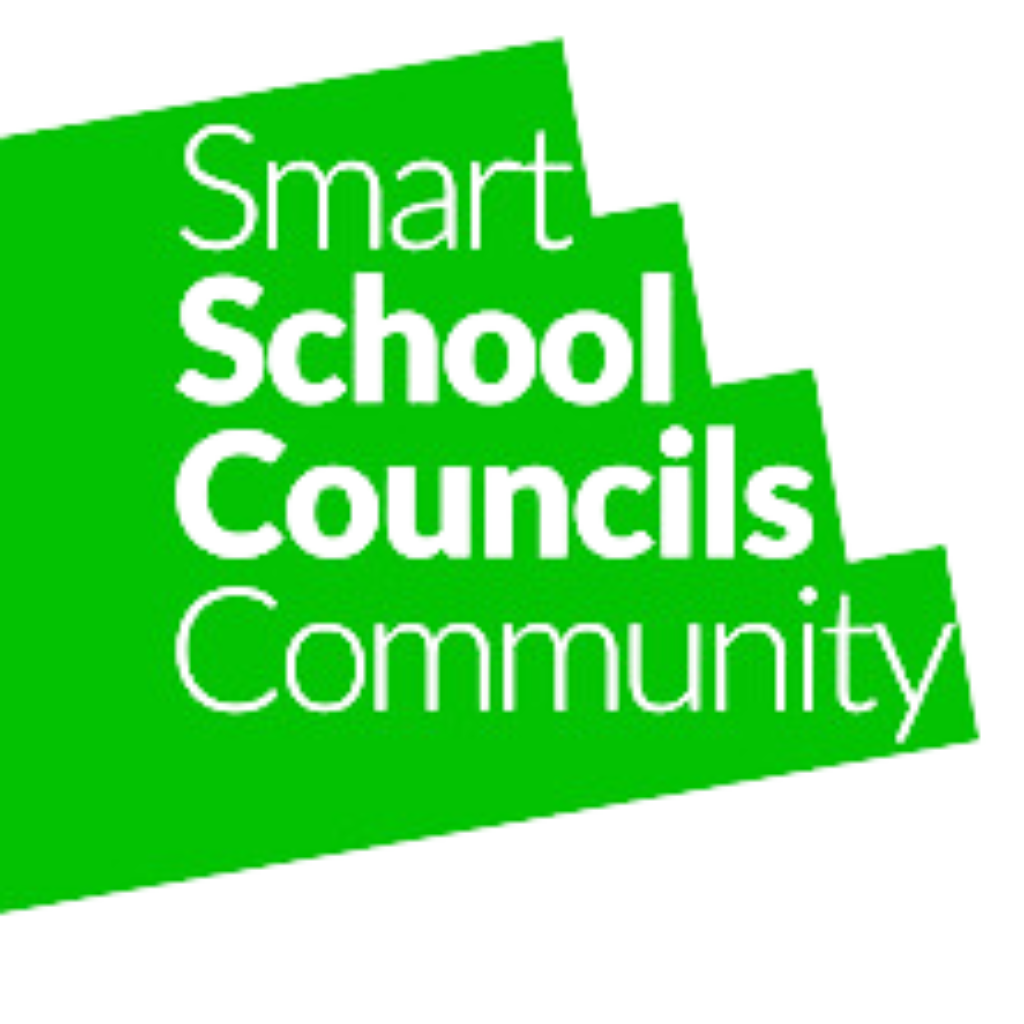Aspiring Minds: The Link Between Educational Aspirations and School Council Participation
Introduction: A Closer Look at Involvement
Isabel Kempner, a researcher at the EEF and co-author of the book 'School Councils - Democratic Forums or Exclusive Clubs?' , isn't just stopping at social background when it comes to understanding the dynamics of school council participation.
One of her key areas of inquiry is the relationship between educational aspirations and involvement in school councils. Let's unpack her findings and discuss why they matter for UK schools.
The Connection: Aspirations and Participation
Isabel hypothesised that pupils with higher educational aspirations would be more likely to participate in school councils. These aspirations could range from planning to achieve GCSEs to aspiring for higher educational degrees. Various factors, like familial encouragement towards both educational achievement and political participation, might be interlinked.
The Underlying Factors
When it comes to individual characteristics that predict school council involvement, expected educational attainment stand out. This ties back to the voluntary and competitive nature of traditional school councils.
Pupils need to perceive themselves as competent and "worthy" of being voted in, often based on pre-existing social norms and expectations. This is exemplified through teacher-facilitated discussions about what makes a 'good' representative, potentially reinforcing pre-existing biases
Time for Change: Why New Approaches are Essential
The link between expected educational attainment and council involvement is particularly pronounced in the UK. Therefore, shouldn't we be seeking new methods to engage our youth more equitably? School councils should be platforms where diverse aspirations and backgrounds are represented, not just mirrors of societal expectations or limitations.
Smart School Councils, a charity committed to fostering more inclusive models, provides a viable alternative. These models offer the opportunity for every student to be heard, irrespective of their educational aspirations or social background.
By transitioning to more inclusive school council models, we can create spaces where diverse educational aspirations are not just acknowledged but celebrated. This can contribute to a richer, more democratic learning environment for everyone involved
Smart School Councils, a charity devoted to establishing an inclusive approach to pupil voice, invites you to join this vital conversation. Your thoughts and opinions can help shape a more equitable future for all students.
Stay tuned for more insights as we continue to explore the complexities of pupil voice and school councils.



